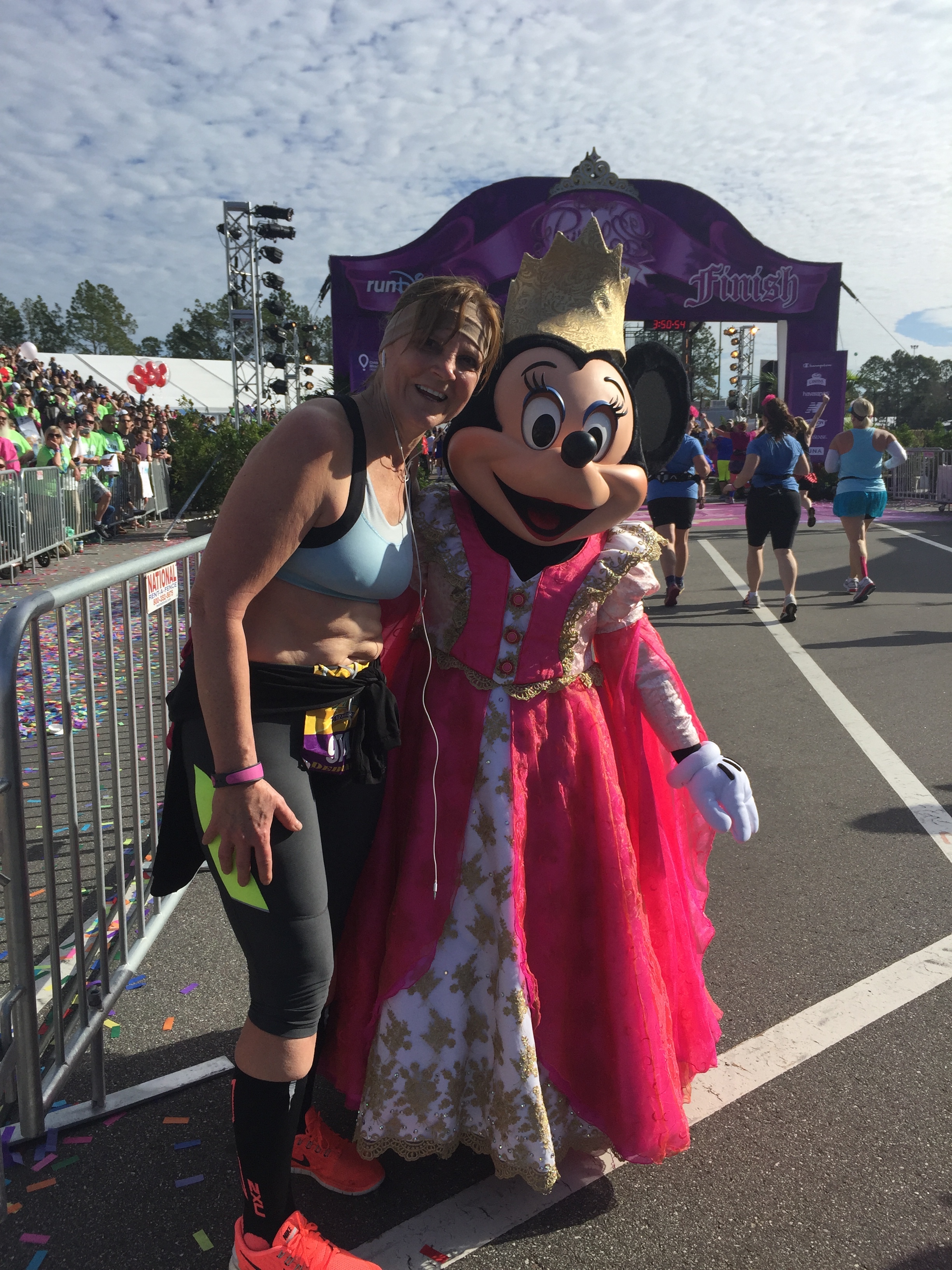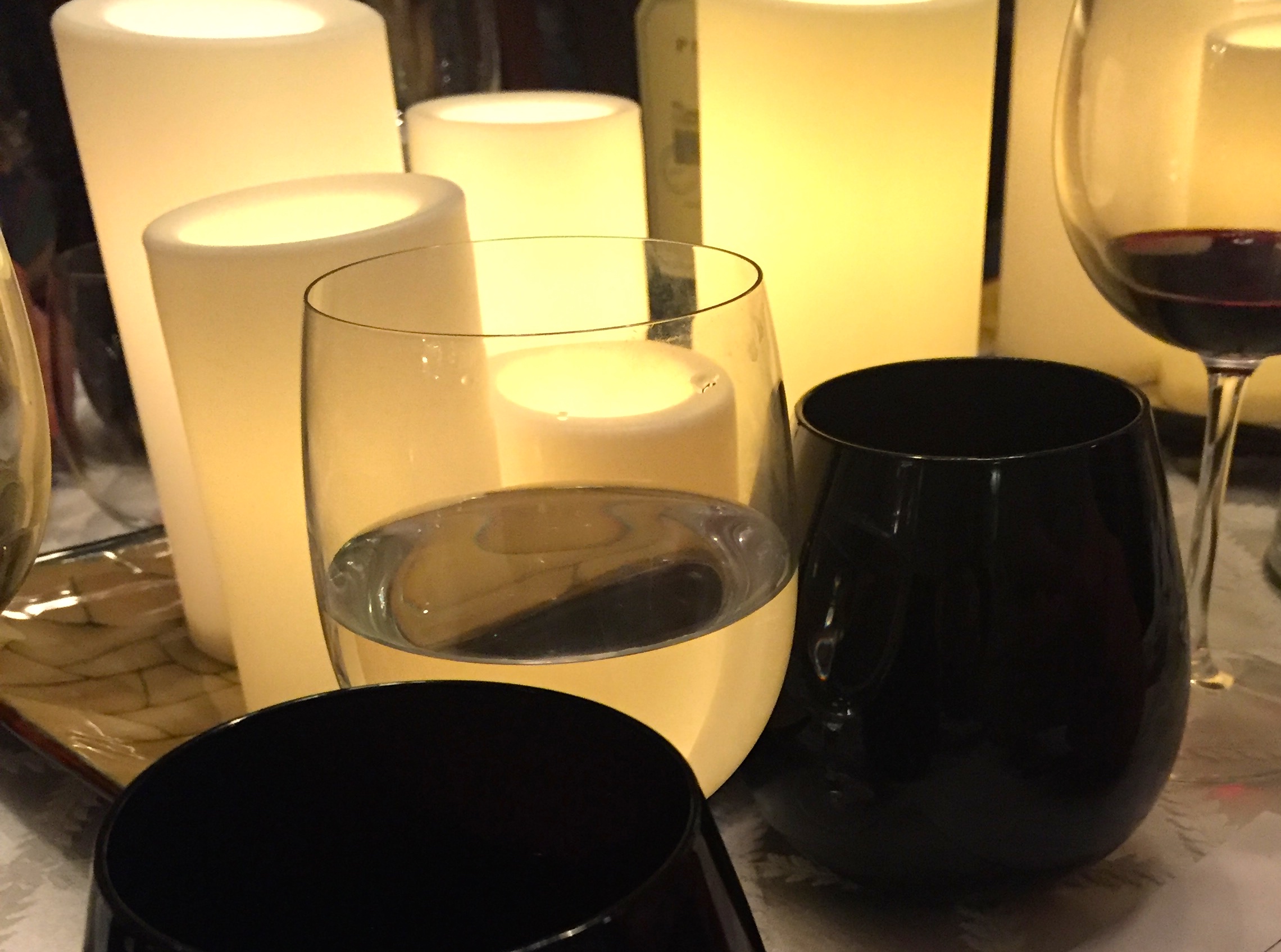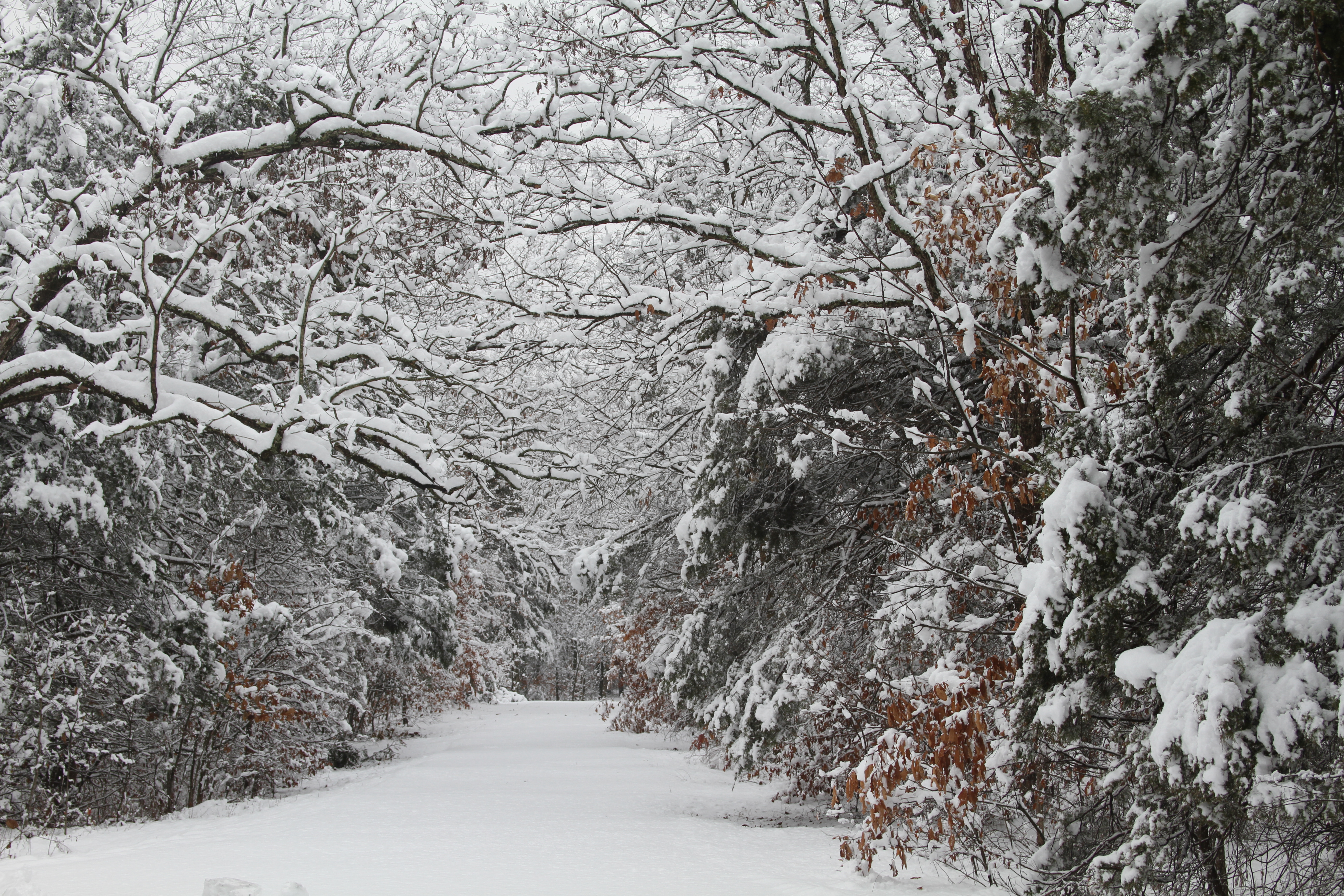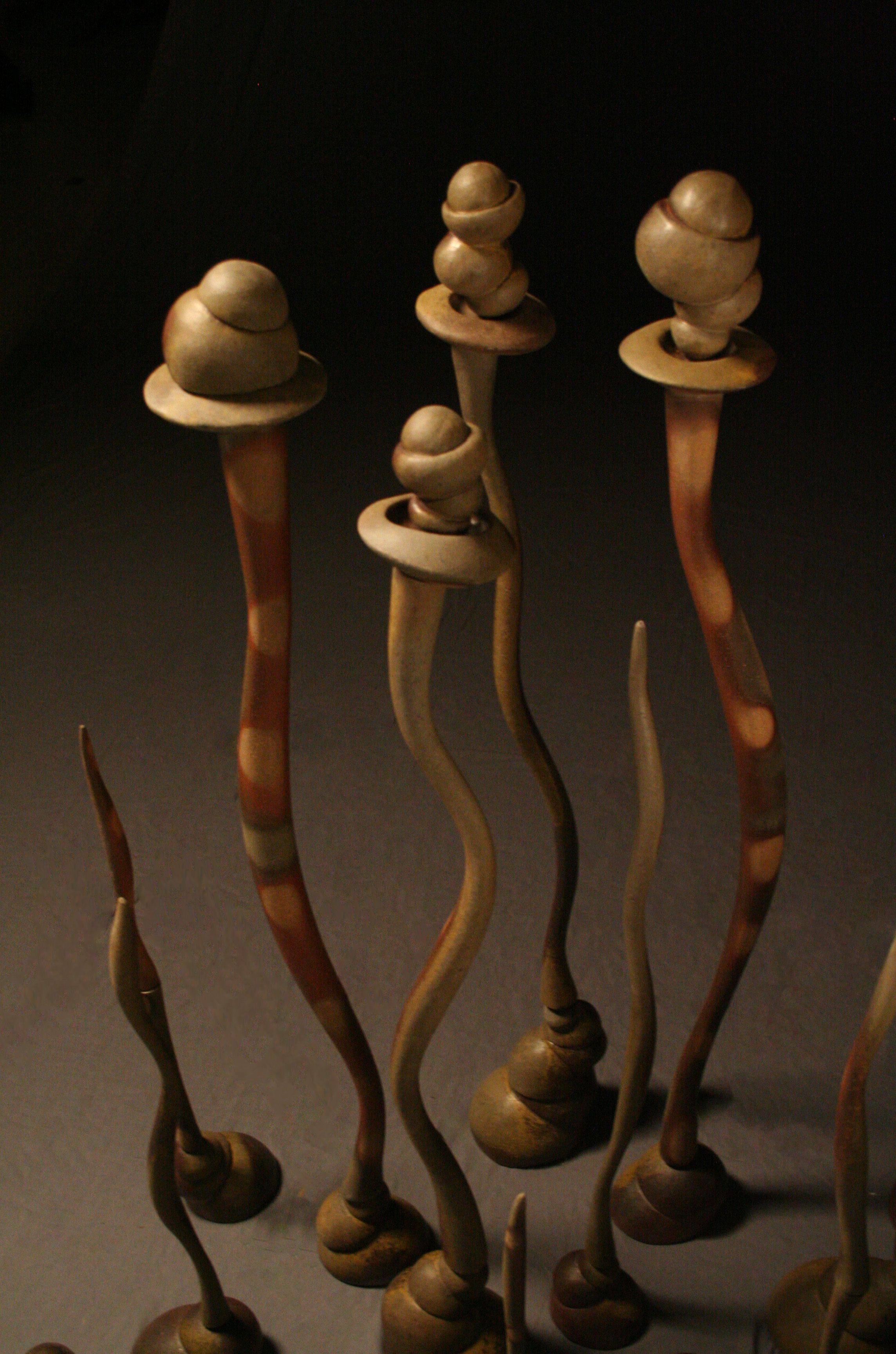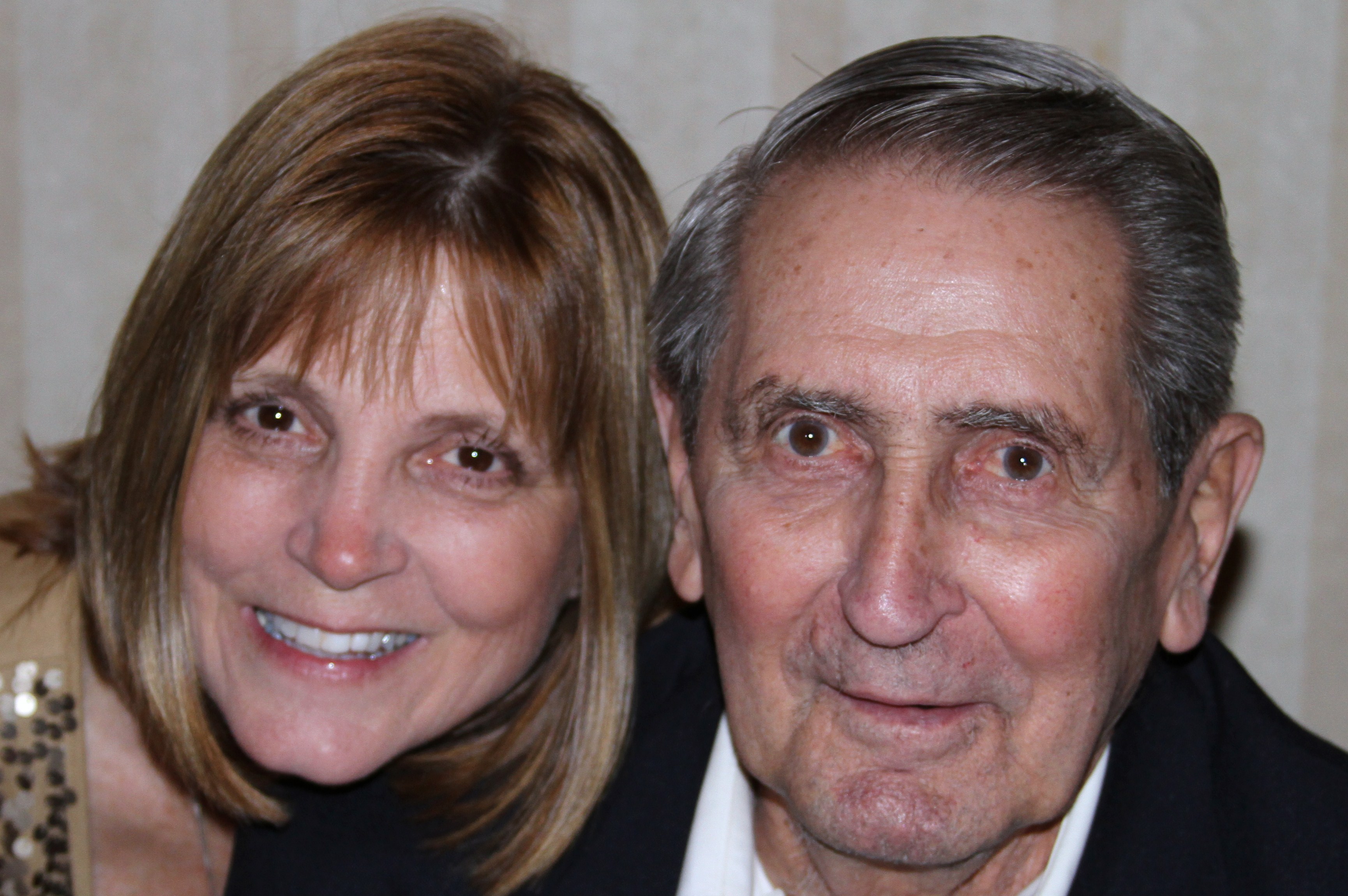It was July 20th, 1969 and my grandmother was sitting front and center. She was in what we called the den, aka a summer porch with triple track screen windows, twelve inch square pinkish gray linoleum tile flooring, sturdy leftover furniture, and a state of the art T.V. console. We kids were sprawled on the cold floor. The other adults had pulled out folding chairs and inched as close to the set as possible.
We were mesmerized. The nation was mesmerized. The whole world was. Walter Cronkite had babbled all day, and now he seemed to be speechless. The moment had arrived. And through a fuzzy feed via a scratchy audio, Astronaut Neil Armstrong set foot on the moon and said it:
“That’s one small step for man. One giant leap for mankind.”
I’m not really sure what happened after that. I don’t know who else may have stepped out of Apollo 11 and joined Armstrong. I could not tell you how long they stayed or what it looked like or any other moon-walking fact. But I can recall these few short words as if it were yesterday.
Same with the words “Let’s Roll.”
They were spoken on September 11th, 2001, by Todd Beamer on United Airlines Flight 93 as he led a group of heroes in giving their lives to save the rest of us. I’m not sure where I was when I first heard what had been said by Mr. Beamer. I don’t know who I was with or what day it might have been, but these two words bring back such a sad, such a horrific, such an unforgettable event that each time I hear them, my heart pangs.
These words – these brief sentences – are part of my . . . well, my tapestry. The words of my life. The words that mean something to me, that I can not only recall but that I want to recall. The words that may bring that which is the brightest and best all the way to the hardest and most indelibly challenging.
And there are more words in my tapestry.
“I have a dream.” Martin Luther King, Jr. 06/28/1963. “Ask not what your country can do for you, but what you can do for your country.” President John F. Kennedy 01/20/1961. “Each person must live their life as a model for others.” Rosa Park, undated. “The greatest glory in living lives not in never falling, but in rising every time we fall.” Nelson Mandela, undated. “And still, I rise.” Maya Angelou, 1978. “Dream, Believe, Dare, Do.” Walt Disney, undated.
Words are so powerful. So very powerful.
They have shaped me like no other. From the very famous of famous quotes that I so vividly remember to the knowledge that my own father never – not once – said what he described as “curse words” in front of me for an entire lifetime. Words (or lack of) have created a great big tapestry full of thoughts and ideas that have become me.
I’d like to think that I choose my words carefully at all times. But that is where that greatest glory from Mandela comes in. I often fall down in that particular quest. Drivel often escapes from my mouth and if there was a life instant replay, I’m sure I would be fretfully embarrassed on a daily basis. Sometimes I say things and moments later I wonder if I have some type of stunt double who creeps forward at all the wrong times with all the wrong words. Without a doubt, the best thing I can ever do is listen twice as much as I speak. But, alas, I might like talking too much.
Words.
I have a feeling that my tapestry isn’t finished quite yet. I think that out there in the great big world, there are statements and sayings and words that I have yet to hear. And memorize. Not the kind that I might find in a dictionary or wikipedia, rather the kind that occur naturally that skew my life just a bit or a lot . . . that set me in a new motion . . . that puzzle me.
For those around me, I say bring on your words. Challenge me with your thoughts. Give me a few good sizzlers that stupefy me. Make me ponder. Or make me laugh . . think Yogi Berra with “If you come to a fork in the road, take it.” Offer me some crazy-funny stuff, some decidedly serious stuff, or just sit and chat for a spell. I promise to listen. And use your words to improve myself.
Add to my tapestry. Please.




